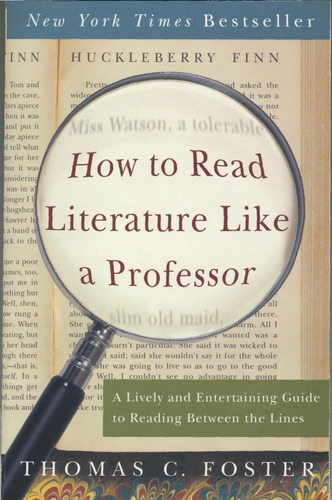Please note that students (ie, incoming AP and IB English juniors at Woodrow Wilson) should have both novels read and the assignment completed by the start of the fall semester 2014-2015; students should further anticipate that there will be a diagnostic exam based on the material for the purpose of figuring out approximately your skill level and potential needs.
THE BOOKS:
AP English III:
Stiff: The Curious Lives of Human Cadavers by Mary Roach.
From her website: "For 2,000 years, cadavers -- some willingly, some unwittingly -- have been involved in science's boldest strides and weirdest undertakings. Stiff is an oddly compelling, often hilarious exploration of the strange lives of our bodies postmortem."
Stiff is a non-fiction piece, but it's pretty funny, very easy to read, and there is some very interesting writing going on in there. And yes, this really is about dead bodies and what happens to them when the original owners are no longer in need of them.
The Reluctant Fundamentalist by Mohsin Hamid.
The Reluctant Fundamentalist is the second novel by Pakistani author Mohsin Hamid, and it is not the story you anticipate. I will fully admit that I was skeptical upon opening the book, but I was quickly disabused of any concerns--in fact, I couldn't put it down. A political thriller, this novella is a classic story of post-9/11 disillusionment with the American Dream and all its wretched excess. It's an awful lot like The Great Gatsby, but Baz Luhrmann hasn't messed it up yet. Part-spy-thriller, part-romance, this story will make you think.
IB Literature III:
The Catcher in the Rye by J. D. Salinger
You need this novel in your life right now, if you want to know the truth. Holden is muddling through a rough time right now. Holden is stressed out. Holden is having trouble handling school, relationships, family, graduation, and all that "Degrassi High" kind of crap. To put it another way, Holden is the poster-child for postmodern, disaffected youth in America. Read this. Love it. Buy multiple copies of it and horde them, for crying out loud. Wear your hat backwards, if you want to.
How to Read Literature Like a Professor: A Lively and Entertaining Guide to Reading Between the Lines by Thomas C. Foster
iro·ny noun \ˈī-rə-nē also ˈī(-ə)r-nē\
: the use of words that mean the opposite of what you really think especially in order to be funny
: a situation that is strange or funny because things happen in a way that seems to be the opposite of what you expected
Did you know that there is actually a SparkNotes summary for this book--a book dedicated to teaching people how to read literature in an intelligent fashion without the need for over-simplified summaries like SparkNotes?
THE ASSIGNMENT:
Incoming AP and IB juniors will write an original rhetorical precis for each of the novels they have read this summer.
What is a precis?
A precis is a highly structured four sentence paragraph that records the
essential elements of a unit of spoken or written discourse, including the name
of the speaker/writer, the context of the delivery, the major assertion, the
mode of development and/or support, the stated and/or apparent purpose, and the
relationship established between the speaker/writer and the audience. Each of
the four sentences requires specific information; students are also encouraged
to use brief quotations to convey a sense of style and tone.
What is the format of a precis?
- Name of author, [optional: a phrase describing author], genre and title of work date in parentheses (additional publishing information in parentheses or note); a rhetorically accurate verb (such as "assert," "argue," suggest," "imply," "claim," etc.); and a THAT clause containing the major assertion (thesis statement) of the work.
- An explanation of how the author develops and/or supports the thesis, usually in chronological order.
- A statement of the author's apparent purpose followed by an "in order" phrase.
- A description of the intended audience and/or the relationship the author establishes with the audience.
Where can I find a decent explanation of how to write one of these things?
A really good place to go to find an explanation of how to write a rhetorical precis can be found HERE. A link will open to a .pdf file which explains in detail how to write one. In fact, you may notice that the same instructions I offered you above were taken from this .pdf.
When is it due?
This assignment is due the Friday of the first week of school.
Questions, comments, or concerns?
Please feel free to drop me a line at pmcghee@dallasisd.org with your inquiry, and I will reply at my earliest convenience.




No comments:
Post a Comment